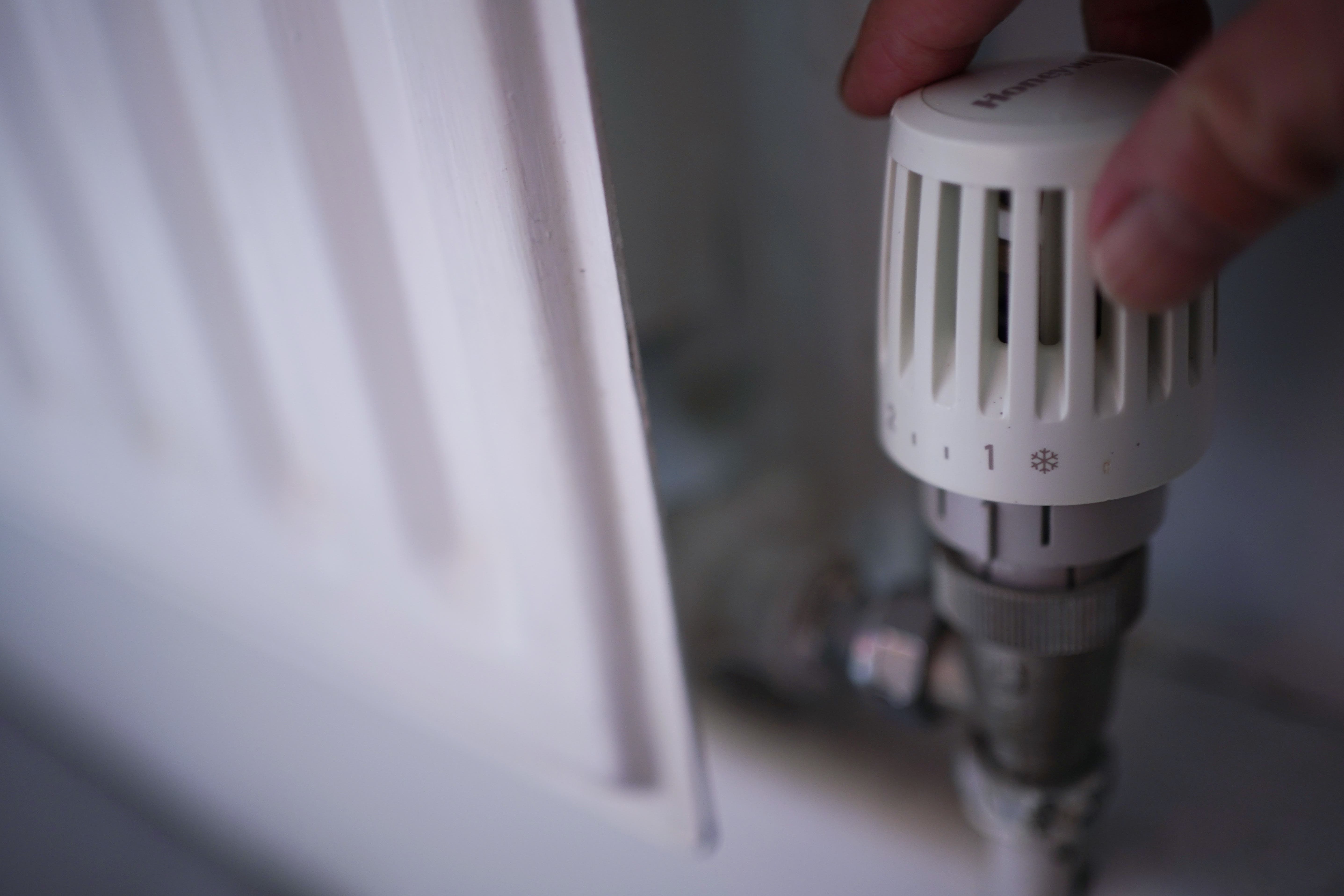Households ‘could save over £1,000 a year’ by making five switches
Common energy-saving upgrades recommended for homes include low-energy lighting, boiler replacement and insulation

Your support helps us to tell the story
From reproductive rights to climate change to Big Tech, The Independent is on the ground when the story is developing. Whether it's investigating the financials of Elon Musk's pro-Trump PAC or producing our latest documentary, 'The A Word', which shines a light on the American women fighting for reproductive rights, we know how important it is to parse out the facts from the messaging.
At such a critical moment in US history, we need reporters on the ground. Your donation allows us to keep sending journalists to speak to both sides of the story.
The Independent is trusted by Americans across the entire political spectrum. And unlike many other quality news outlets, we choose not to lock Americans out of our reporting and analysis with paywalls. We believe quality journalism should be available to everyone, paid for by those who can afford it.
Your support makes all the difference.Households could potentially shave more than £1,000 off annual bills by making energy efficiency measures, analysis suggests.
The calculations were made by sustainability consultancy Eight Versa, which analysed domestic EPC (energy performance certificate) ratings across England and Wales.
From this, it calculated the potential annual cost savings that could be made by households if the recommended energy savings from EPC ratings were implemented.
Individual households would need to factor in the cost of undertaking any measures when weighing up whether it is worth it for them financially.
Some energy improvement measures may be relatively inexpensive to install, while others may take years before the financial benefits would outweigh the initial costs.
Common energy-saving upgrades recommended for homes include low-energy lighting, boiler replacement, insulation, upgrading heating controls and replacement windows.
Chris Hocknell, director at Eight Versa, said: “These results show there’s not just a strong environmental argument for better efficiency and retrofitting our homes; there is also a very powerful economic argument.
“In some regions, the average savings per year are over £1,000.”
He said energy efficiency improvements would not only help the UK move towards net zero but could also help to reduce stress on the energy infrastructure.
Mr Hocknell continued: “It’s important to state that the typical homeowner won’t realise these benefits unless there is a standardised and coherent regulatory structure to incentivise and support these improvements over the long term. Recent events have cast this issue into a new and starker light.”
As part of a range of cost-of-living support, households currently have the protection of the energy price guarantee, which limits the unit price they pay for electricity and gas.
For a typical household, this will mean an annual bill of around £2,500 – but this will vary depending on factors such as how many people live in a property and how much energy people use.
Eight Versa said its analysis is based on current energy costs and the price cap per unit of energy – and so the actual savings at any particular time would vary depending on factors such as energy prices and any support measures in place.
Here are the potential average annual cost savings that could be made by households by making energy efficiency improvements, according to Eight Versa:
– Wales, £1,292
– Yorkshire and the Humber, £1,188
– North West, £1,143
– South West, £1,078
– East Midlands, £1,146
– West Midlands, £1,013
– East of England, £1,009
– North East, £1,035
– South East, £975
– London, £721


